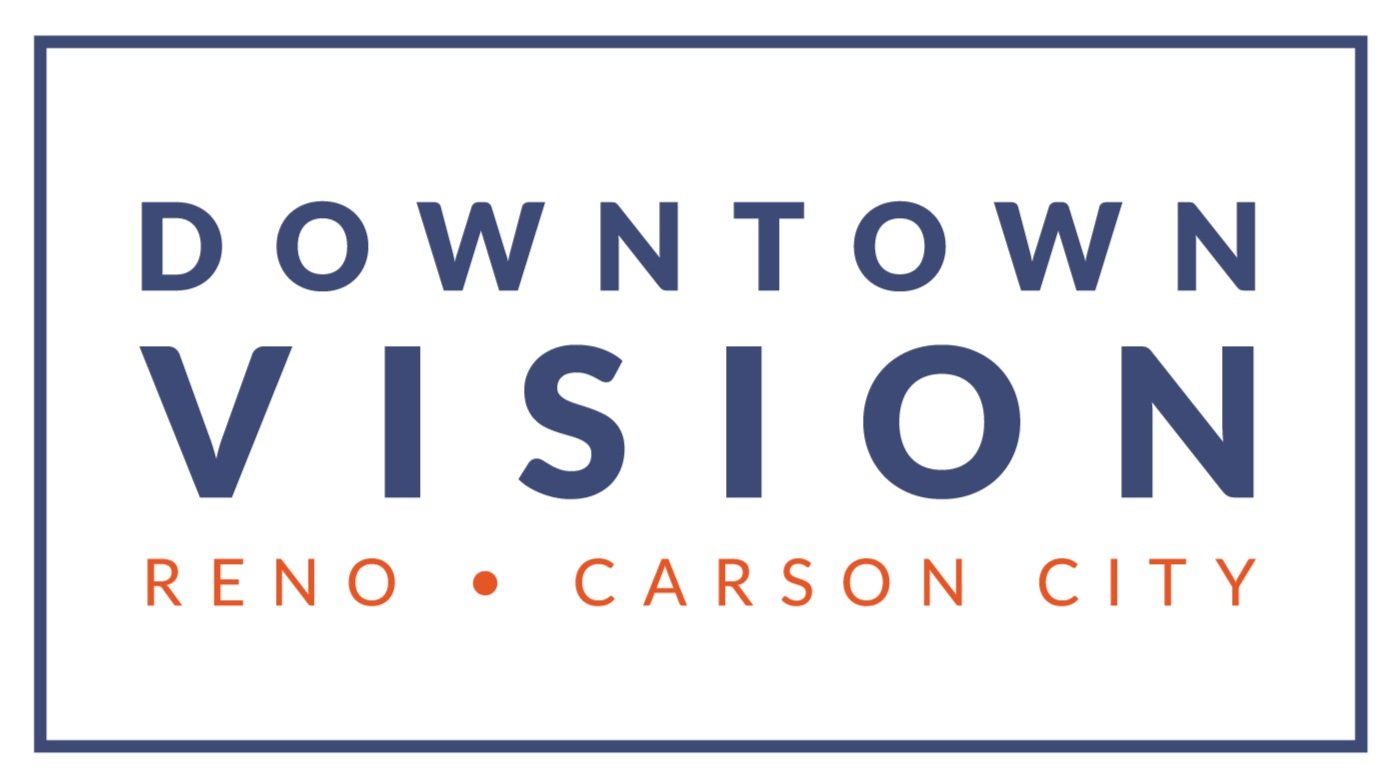Vision Plans vs. Medical Insurance: Why do I need both?
Over 80 million Americans have vision plans, which offer valuable benefits like coverage for annual eye exams and discounts on glasses or contact lenses. While these plans are excellent for routine eye care, it's important to understand that they primarily cover vision screenings and preventive services, not comprehensive exams for specific problems.
Routine Vision Exams vs. Medical Eye Care
Vision plans are not insurance, and only cover routine eye exams that assess your overall vision and prescribe corrective lenses. These exams help ensure you maintain optimal visual acuity and can often detect early signs of common eye conditions. However, vision plans are not used to address specific medical issues or complex eye health problems. When you visit our office for a routine eye exam, we screen for a variety of conditions such as cataracts, macular degeneration, and glaucoma. If we detect any of these conditions, that’s when we will switch to using your medical insurance for additional visits and treatment.
It's also important to note that while we can address minor issues during your annual vision exam, any significant concerns that arise outside of this routine visit will require us to utilize your medical insurance. Vision plans are designed to help you see better with corrective lenses or glasses. Medical insurance, on the other hand, helps your eyes feel and see better when glasses or contact lenses cannot.
If you have any questions about how your vision plan or medical insurance work or need assistance with understanding your coverage, please feel free to contact our office! We’re here to help you ensure you receive the best possible care for your eyes.
